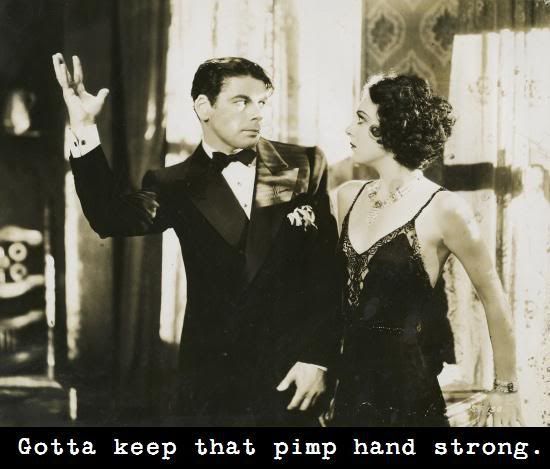
I find Detroit somehow alluring. It's a strange thing to say about a city in such hopeless disrepair, a city that is the butt of so many jokes about urban decay, a city that has become symbolic of dysfunction and disrepair. Yet in spite of all the harsh realities of Detroit, I cannot help but be drawn to it. So much of what wrong with Detroit -- its broken down buildings, its urban prairie -- seems strangely familiar to me. I cannot help but see in that careworn city a reflection of myself.
In the first half the last century, Detroit must have seemed symbolic of all that was right with America -- between 1900 and 1930, Detroit proliferated from a city of a quarter-million people to a metropolis of one and a half million, thanks in no small part to its remarkable industrial boom. It was once known as the "Paris of the West" for its magnificent architecture, and during World War II Detroit's industrial might garnered it the honorific moniker of the Arsenal of Democracy. By mid-century, Detroit stood as the nation's fourth largest city, and certainly one of its most important.
Yet Detroit was never perfect -- even in its glory days the city was beset by organized crime and racial tensions. The latter, in particular, was a recurring problem that would prove a crucial factor in the city's downfall. Race riots -- the most notorious of which must be the
Twelfth Street Riot -- were just as destructive to the fiber of Detroit as were the decline of the auto industry and the proliferation of drugs in the 1970s. Between 1950 and 2000, worsening social and economic conditions caused the city's population to plummet from more than 1.8 million to just over 900,000. If the first half of the century saw Detroit's meteoric rise, the second half of the century was witness to its calamitous decline.
The woeful dilapidation in which the city now languishes is well documented -- its myriad abandoned and decaying structures have been the subjects of numerous photographic surveys, and its continuous struggles are frequently fodder for journalistic investigation (Time magazine, in fact, has
devoted a blog to chronicle a year in the life of Detroit). Even Detroit's sports teams seem to be afflicted by the malady -- despite the Tigers' surprising run to the World Series in 2006, only two years later the Lions secured their ignoble spot in the record books by losing every game they played that season. Detroit's future, it seems, is none too bright.
The obituary, however, has not yet been written. In spite of pandemic unemployment, in spite of bargain-basement property values and in spite of the fact that most of the rest of the country seems perfectly willing to leave its eleventh largest city for dead, Detroit still lives. It may be a life of blood, tears, toil and sweat for its citizens, but nevertheless the city still lives, and it strives to rise from its ashes. In this gritty and grinding perseverance, Detroit still represents, in a peculiar yet strangely profound way, what is right with America.
I cannot help but admire the spirit of Detroit, and to hope and cheer for its renaissance. After all, if an entire city can revivify itself, there is reason to believe that I, having fallen from my own glory days, can achieve a similar recovery. How insignificant my troubles must seem when juxtaposed with the troubles of 900,000 citizens! Nevertheless, they are my troubles. Yet if I could face whatever troubles I have with the same grim determination as the city of Detroit, perhaps I might be able to hope that there are better days ahead for me, as well.
Of course, let's have no delusions -- for Detroit, the road to recovery will be a long and arduous one, indeed. In many ways, the city will need not only to simply revitalize itself, but to reinvent itself. Yet if Detroit has made it this far without collapsing, there is ample reason to believe that it can make it the rest of the way. I'll certainly be rooting for it -- after all, a reborn Detroit would be an heroic achievement, and a beacon of hope to all those of us who have fallen upon our own hard times.
[
Image Sauce]




